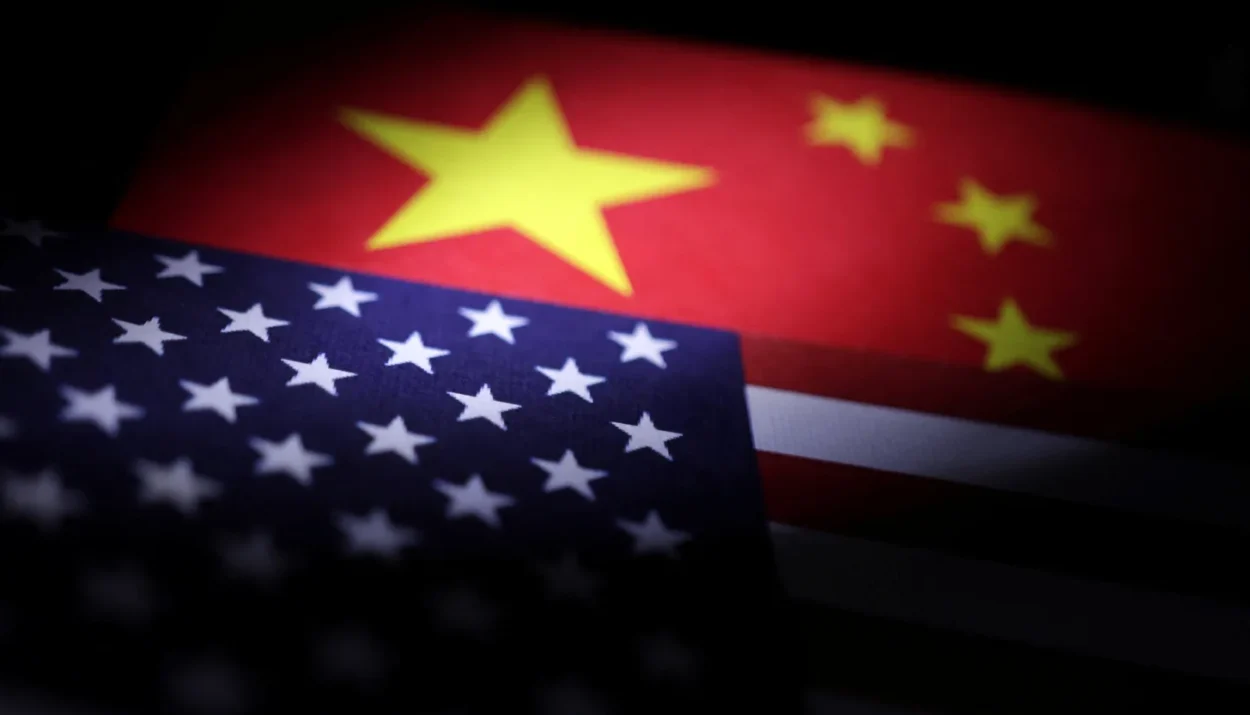China threatens “reciprocal countermeasures” against countries siding with U.S. efforts to isolate China.
China has issued a sharp warning to U.S. allies, declaring it will retaliate against any country that cooperates with Washington in ways that compromise Beijing’s interests. The announcement, delivered Monday by the Chinese Ministry of Commerce, comes amid a new phase in the intensifying U.S.-China trade conflict under President Donald Trump’s second term.
“China firmly opposes any party reaching a deal at the expense of China’s interests. If this happens, China will not accept it and will resolutely take reciprocal countermeasures,” the Ministry said, according to CNBC.
The statement follows reports that the Trump administration is using ongoing tariff negotiations as leverage, pushing allies to limit commercial and technological ties with China. While the U.S. recently paused new tariffs on non-Chinese partners for 90 days, it has raised tariffs on Chinese goods to a staggering 145%.
In response, Beijing has:
- Imposed 125% tariffs on U.S. imports
- Restricted exports of critical minerals
- Blacklisted several U.S. firms, curbing their ability to do business in China
The Ministry of Commerce criticized the U.S. for “abusing tariffs” and engaging in “unilateral bullying,” warning that the world risks returning to a “law of the jungle” in trade relations. Meanwhile, China is attempting to position itself as a defender of multilateralism and “international fairness and justice.”
China’s Strategic Realignment
Chinese President Xi Jinping recently concluded visits to Vietnam, Malaysia, and Cambodia, rallying support among Southeast Asian nations. Official statements from the trip echoed China’s call to resist Western pressure and form a united front against protectionism.
With the U.S.-China trade relationship deteriorating, Beijing has expanded its focus on Southeast Asia, now its largest regional trade partner, while the U.S. remains China’s top single-country trading partner.
Last week, China reshuffled its trade leadership, appointing Li Chenggang — former WTO ambassador — as vice minister and top international negotiator. The same week, China filed a WTO lawsuit against the U.S. over Trump’s new tariffs.
What’s Next?
While Trump claimed on Thursday that a deal could emerge “within three to four weeks,” analysts remain skeptical, citing widening strategic divides and the increasing politicization of trade.
As global alliances shift, Beijing’s message is clear: Any country that aligns with U.S. efforts to isolate China should expect economic consequences. The trade war is no longer just a bilateral dispute — it’s rapidly evolving into a global test of loyalty, leverage, and resilience.
Disclosure: This article does not represent investment advice. The content and materials featured on this page are for educational purposes only.
Related:
Bear Market Survival Guide: How to Stay Smart, Calm, and Positioned for the Rebound
OpenAI spends ‘tens of millions of dollars’ on people saying ‘please’ and ‘thank you’
The Role of Fiscal Dominance in Monetary Policy
Authorities use high tech, called “Overwatch” to enhance border security
Why are more rich Americans opening Swiss bank accounts recently?
Gold Is at a Record High. Why It Could Climb Even Higher?
Nvidia’s CEO makes surprise visit to Beijing after US restricts chip sales to China
The Rule of 40: Your Ultimate Guide to Evaluating Software Stocks










